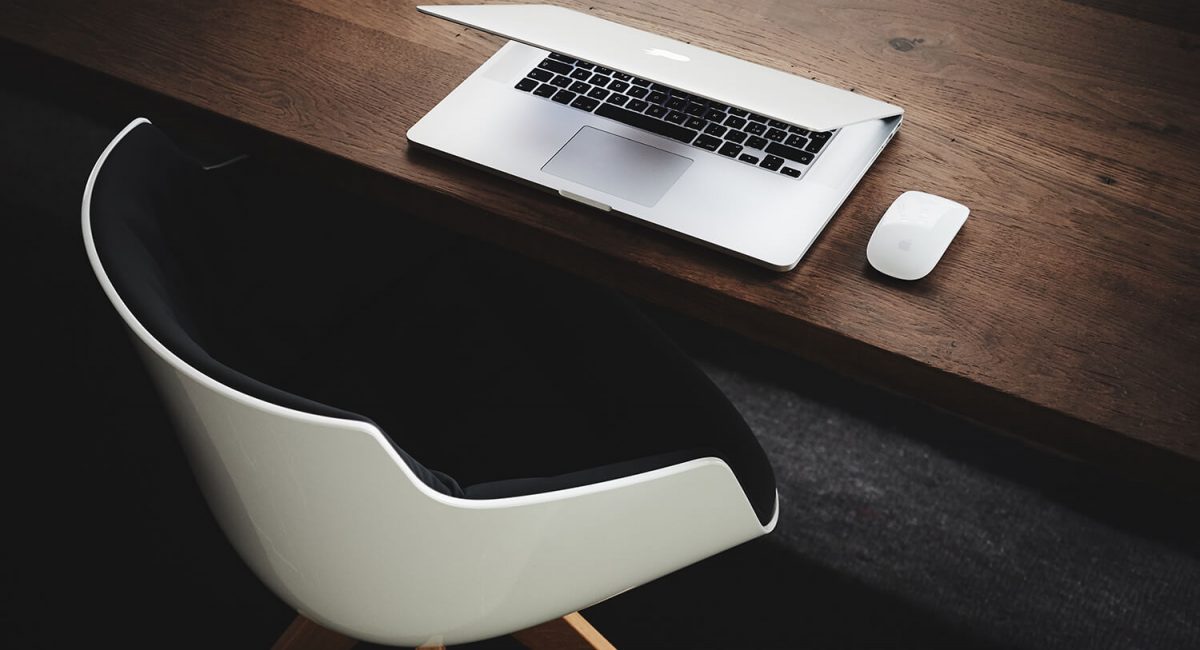
By HILARY JOHNSON
Ten ways To Improve Your Credit
Part Two
#6: DO USE CREDIT
You are likely confused. Didn’t we just say not to use credit but to pay down your debt? This is true and should be something that you spend a good deal of time doing. If you are carrying debt month to month, it is likely costing you great deal of money. Paying down your debt as much as possible is a must to get your credit score up. The problem you may encounter, though, is that once you have paid off that credit, you have no real credit history for the current period.
So, what do you need to do? Work to pay down your credit. If you are carrying debt month to month, pay it off as quickly as possible. You will definitely want to maintain only lower balances whenever it is possible to do so.
Once you have it paid down to a level you feel comfortable about paying off within a month’s time, use your credit again. However, there are some very strict guidelines to remember here:
Only make purchases you can pay off within the month. You want to get the bill and pay off the entire balance.
Know your grace period, or the amount of time you can borrow money without accruing any finance charges. Most lenders have a 25-day period between months that allows you to use the credit line and pay it off without incurring any finance costs.
Use credit only when you need to. Instead of making large purchases using credit, use it for those costs that you are confident you can repay each month. For example, you may want to use a credit card for your gas purchases throughout the month, knowing you will have the funds to repay the debt. This allows you to accumulate no debt month to month.
Credit card debt is not a good thing. Still, in order to have a good credit history, you will need to use credit from time to time. Show that you are a good credit risk by making payments on time each month to pay off the total amount of money you borrowed throughout the month.
#7: PAY MORE THAN MINIMUM PAYMENTS
One of the mistakes many people make is to make payments on their accounts but only to make minimum payments. The minimum payment on your account is perhaps the worst payment to make besides no payment at all. Even paying a few extra dollars is better. Here is why.
If you pay just the minimum payment on a loan, any loan, it is likely you will pay that debt for years longer than you need to. On a credit card, borrowing just a few thousand dollars may mean only paying $50 a month to repay this debt. But that minimum payment is only a fraction larger than the finance charges for each month. You will remain in the loan ten, twenty or even thirty years depending on the amount of debt it is. For this reason, it is exceptionally important for individuals who are carrying debt month to month to pay off that debt as quickly as possible by paying more than the minimum payment.
Look at it another way. You may not have thought about paying extra per month on your mortgage payment but this too can help you. For example, if you pay a few hundred dollars extra each month on your loan, or you may payments every other week rather than once a month, you could cut five to ten years off the loan’s length. This also means a savings of hundreds of thousands of dollars in interest charges. Use a credit card calculator or mortgage calculator to figure out what you are really paying to borrow those funds and to pay it back so slowly!
#8: BUILD CREDIT WITH SECURED CREDIT CARDS
Perhaps you already have bad credit. Cleaning up your credit card and removing any of the old, outdated information there should help. You may also see an improvement in your credit score if some of the creditors are unable to prove your obligation to pay the loan. Yet, even when you do clean up your credit report, the damage to it over this period of time can be harsh to your credit score. One way to boost it is to obtain new credit and work towards showing that you are a good risk by making payments on time and keeping your balance low.
Like all good catch 22’s, though, to build credit means that you would have to have access to it. The good news is that there are options available for doing just that. These are called secured credit cards. Your goal is to find a credit card that’s secured that also reports to credit agencies. Many now do this since it is far more attractive to the borrowing when it does.
A secured credit line is quite different from a standard line of credit. Here, the credit line you are given is based on the amount of cash you have paid towards the card in the form of a deposit. For example, you pay $1000 of a deposit and therefore have a $1000 credit line of credit to use. You’ll use it and make payments on it as you do with a standard line of credit. The difference here is that your balance is there for “just in case” situations where you may default on the loan. The lender has protection from this.
At the same time, your good credit habits are also helping you to get a better credit score since the card is reporting each month to the credit agencies.


#9: KNOW WHEN YOU NEED HELP
There will be times when you just cannot get out of debt on your own. You may find yourself struggling to make enough money to meet just the minimum payments not to mention paying more than you owe. If you are struggling with your debt load, seek help. There are a variety of for profit and not for profit options available to help you to get out of debt.
In order for your credit to improve, you need to get out of debt first. If you cannot do this on your own, the next best option is to secure the help of a professional who can work with you and your lenders to get the debt paid.
One option to consider is debt counseling. These professionals work with your lenders to get a lower monthly payment, to reduce the amount of interest charged to you and sometimes to lower the amount you owe. You’ll be on a monthly payment plan requiring you to make a set amount payment each month. That single payment is divided by the counselor and paid to each of your lenders every month. Debt counseling can initially hurt your credit score, but over time, you will be paying down your debt and therefore find your way out of the debt hole. You may see your credit score increase because you are paying off the debt.
Bankruptcy is another option for some, when all hope is lost in making monthly payments. Take it easy, though. Bankruptcy will put a black mark on your credit report for the next ten years! That is a long time to have a hurt credit score with no way to clean it off your report.
#10: LIVE THE LIFESTYLE YOU CAN AFFORD
Perhaps the most important bit of help available to you is this simple sentence. You need to live the type of lifestyle that you can actually afford, not one that is reliant on credit cards. The sad fact is that if you take away all of the debt you had, you probably would have much more money per month to buy what you want and to live the way you want to. The key is not to have to pay the finance charges that often hurt the average consumer.
Determine what your lifestyle is by using a cash only system for at least one month. For that entire month, do not make any type of charge to your credit cards. You will need to still pay them on time, including your mortgage loans.
Instead of charging dining out or purchases to a credit card, only use cash. At first, you may find this very limiting, but imagine if you actually had all the money available to you that you are currently paying towards your debt each month. What you may find is that it is not only affordable to live on cash only but it may be a better lifestyle with less stress.
Making good decisions about credit is difficult to do, for anyone. Yet, you can easily accomplish this by spending your time making good financial decisions overall. The process will allow you to walk away finding yourself in a financially sound situation rather than a financially poor situation.
Use these ten tips to help you through the process of cleaning up your credit debt, not just today but going into the future, too.